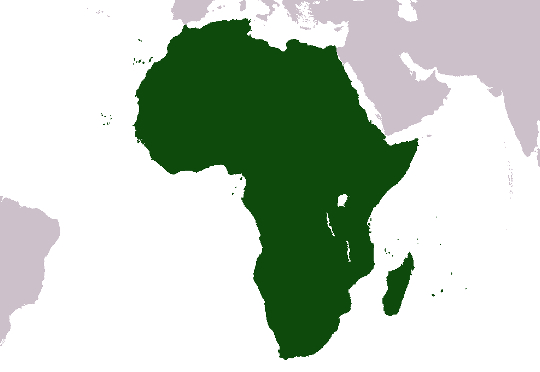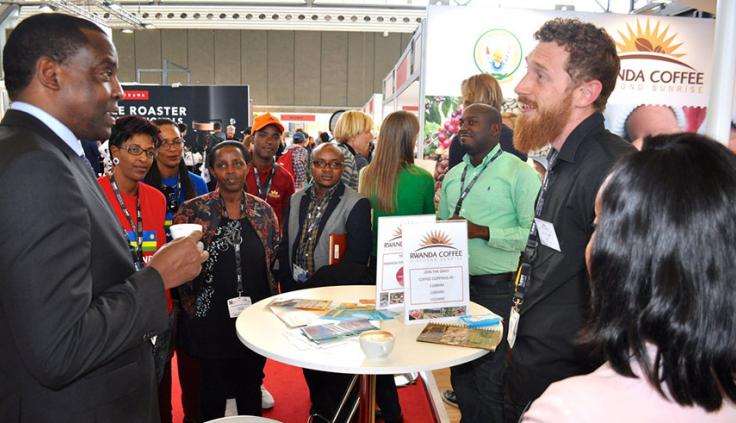The African Development Bank and the United States Trade and Development Agency have signed a memorandum of understanding to form a key partnership under USTDA’s Global Procurement Initiative: Understanding Best Value. The initiative was established in 2013 to aid public procurement officials promote policies and practices that consolidate lifecycle cost analyses and best-value determination fairly and transparently.
United States Under Secretary of Commerce for International Trade, Gilbert Kapla, led an entourage that included representatives from US-based Fortune 100 corporations, US government agencies and US private sector interests in Africa, as well as the Commerce Department, the Millennium Challenge Corporation, the Department of State, the Department of the Treasury, USAID and USTDA.
The Bank and USTDA are committed to promoting best practices in public procurement and capacity building across Africa by disseminating information, joint planning, and leveraging resources to support training for procurement officials. The memorandum of understanding aims to provide the tools and knowledge required to make sound procurement decisions for high quality, sustainable infrastructure. The cooperation will include workshops, trainings, and development programs.
Charles Boamah, African Development Bank Senior Vice President stated that, “Efficient public procurement systems are critical for public service delivery. The Memorandum of Understanding (MOU) between the Bank and the U.S. Trade and Development Agency(USTDA) will enable Regional Member Countries (RMCs) improve their procurement and public service delivery capabilities, resulting in significant cost savings to be used to improve the quality of life for ordinary citizens.
Thomas R. Hardy, USTDA Director of Congressional and Public Affairs, said, “With two GPI partners in Africa, we are pleased to be expanding our procurement cooperation with the African Development Bank. We appreciate the opportunity to support the continent’s efforts to achieve better procurement outcomes, while leveling the playing field for U.S. companies to compete for tenders in Africa.”


